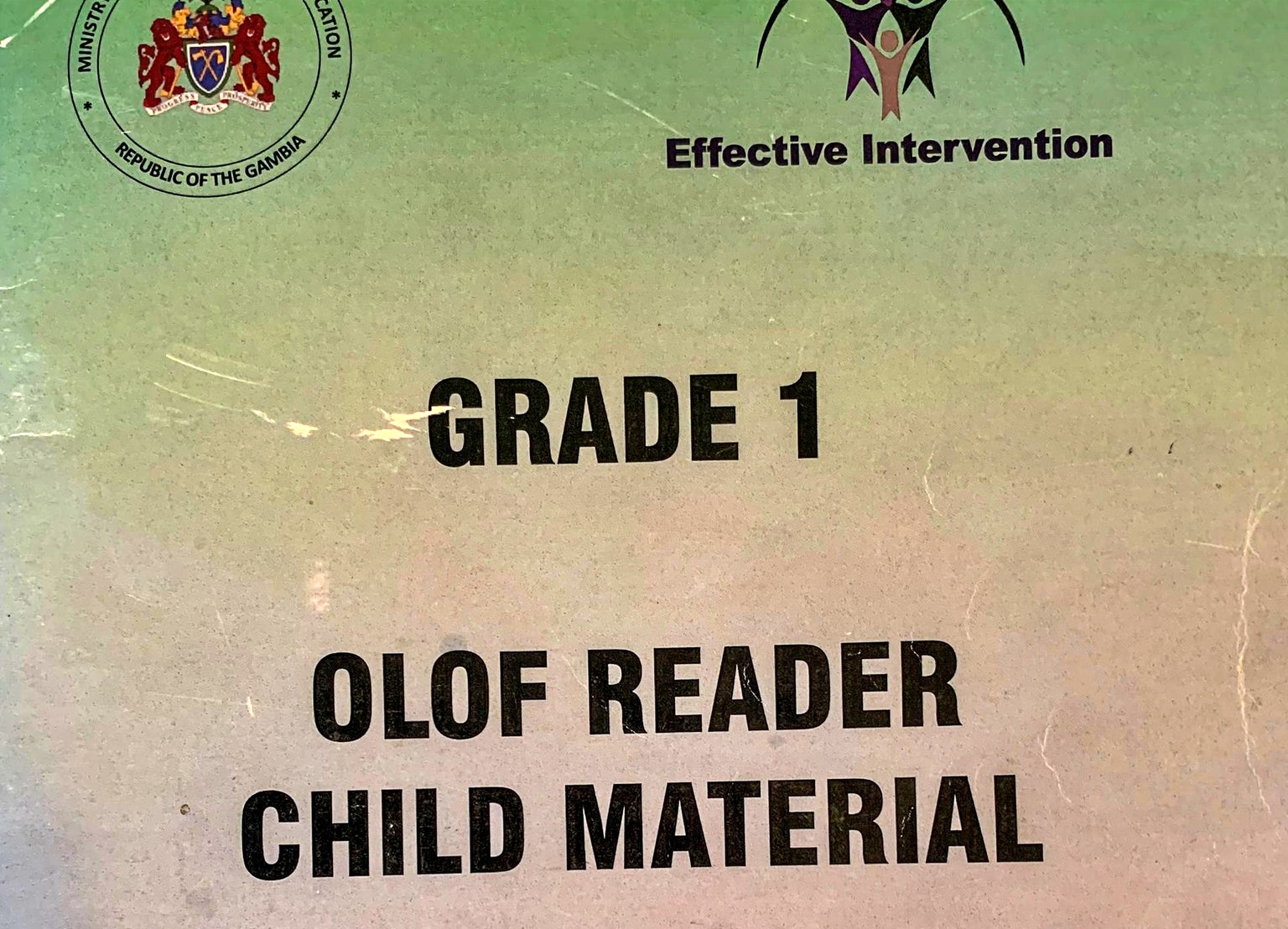Gambiaj.com – (BANJUL, The Gambia) – The Ministry of Basic and Secondary Education (MoBSE) has provided clarifications regarding its decision to use the Olof language as a trial medium of instruction in the Mainstreaming Effective Intervention Strategies in Schools (MEISS) pilot program. The ministry’s statement aims to address public concerns over why Olof was chosen over other national languages for this initiative.
According to MoBSE, the MEISS program is part of efforts to improve foundational literacy and numeracy among young learners in Grades 1-3 by integrating strategies that have proven effective in out-of-school programs run by the NGO Effective Intervention (EI).
The program aligns with the government’s broader commitment to promoting and preserving indigenous languages through its New Language in Education Policy.
The selection of Olof for the MEISS pilot was based on a language mapping exercise that identified dominant languages spoken in different regions. Additionally, the availability of readily adaptable instructional materials—developed both locally and with the support of the international organization Associates in Research and Education for Development (ARED)—played a crucial role in the decision. The ministry noted that the choice was made after extensive stakeholder consultations.
The MEISS pilot, supported by the World Bank’s Resilience, Inclusive, Skills, and Equity (RISE) project, is currently being implemented in 55 public lower basic schools across Regions 1, 2, 3, and 5 (North and South), covering only 10% of public schools.
Looking ahead, MoBSE plans a phased 10-year rollout of the New Language in Education Policy. The initial pilot phases will include:
Regions 5 and 6: Teaching Early Grade Reading (EGR), English, and Mathematics in Mandinka, Pulaar, and Sarahulleh.
Regions 2 and 3: Implementing the same subjects in Jola, Seereer, and Manjaku.
Following the pilot’s evaluation, the Curriculum Directorate will oversee the nationwide implementation of the program. The ministry has called for public collaboration and understanding as it works toward enhancing education quality through language-based interventions.










